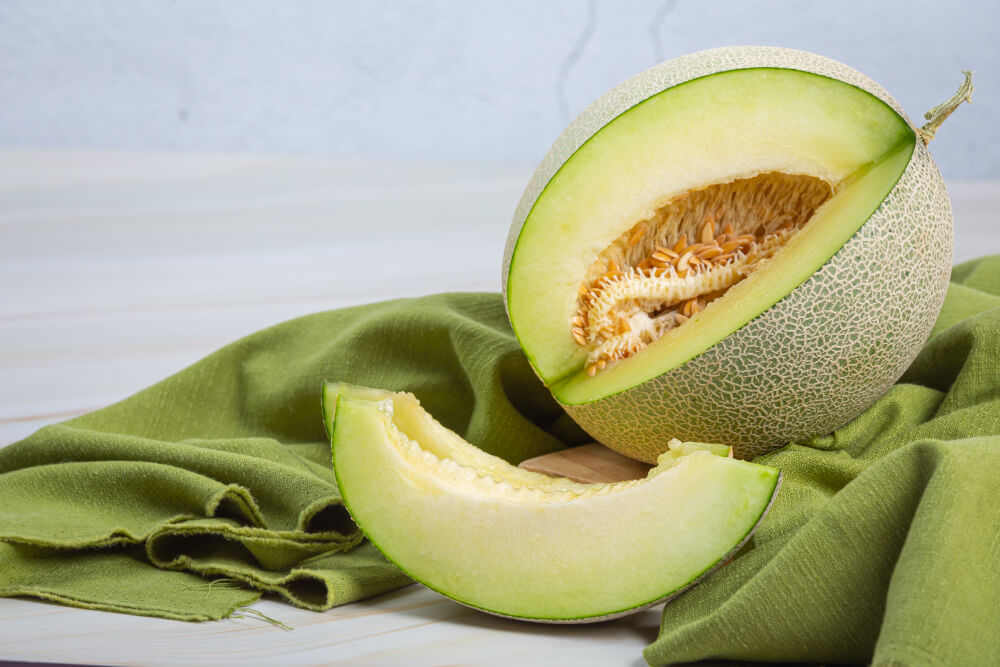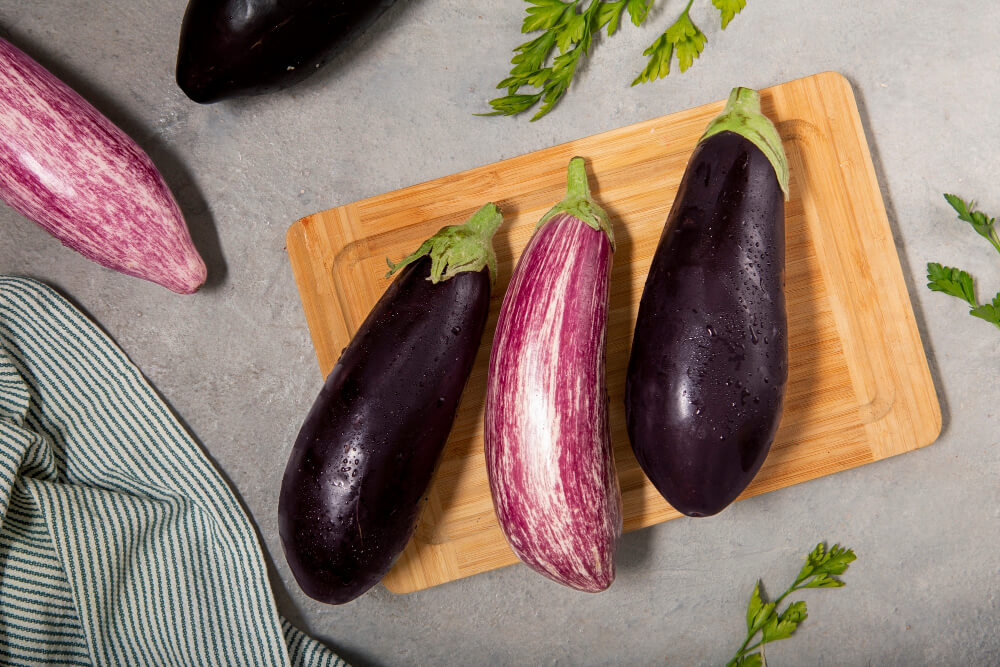Small, frequent meals to reduce bloating

Bloating is one of the most common—and uncomfortable—symptoms women experience during their menstrual cycle. It can make your clothes feel tighter, your body feel heavier, and your mood dip lower. But did you know that something as simple as changing how often you eat can bring real relief?
If painful bloating is part of your monthly struggle, eating small, frequent meals might just be your new best friend. Here's how and why this method works, and how to implement it effectively during your cycle.
Why Do You Feel Bloated During Your Period?
Before diving into the solution, it's helpful to understand the cause. Bloating happens due to:
-
Hormonal changes: Estrogen and progesterone fluctuate, which can lead to water retention.
-
Slower digestion: Your gut tends to work more sluggishly, leading to gas and constipation.
-
Cravings and overeating: Many crave salty or sugary foods, which can increase bloating and water retention.
This is where the power of small, frequent meals comes in.
How Small, Frequent Meals Help
1. Supports Gentle Digestion
Eating large meals puts stress on your digestive system. Your body has to work harder to break down more food at once, which can lead to gas buildup. Smaller meals are easier to process and help prevent that “overstuffed” feeling.
2. Regulates Blood Sugar and Cravings
Frequent meals help stabilize blood sugar levels, which reduces your urge to binge on processed or salty snacks—major contributors to bloating. Stable energy also keeps your mood more balanced throughout the day.
3. Prevents Water Retention
Heavy meals high in salt or sugar can cause your body to retain more water. Smaller meals, especially those rich in potassium and magnesium (like bananas, leafy greens, and yogurt), help balance fluids and reduce puffiness.
4. Keeps You Energized Without the Crash
Large meals can make you feel sluggish, especially during your period. Light meals every 3-4 hours fuel your body consistently, helping you stay active without discomfort.
What to Eat: Smart Mini Meal Ideas
Here are some small, cycle-friendly meal options that support digestion and reduce bloating:
-
Greek yogurt with berries and chia seeds
(Rich in probiotics and fiber) -
A banana with almond butter
(Potassium-rich to fight water retention) -
Boiled egg with cucumber slices
(High in protein and hydrating) -
Oats with warm almond milk and cinnamon
(Soothing, warm, and anti-inflammatory) -
Roasted sweet potato with a handful of nuts
(Great source of magnesium and fiber)
Additional Tips to Maximize Benefits
-
Drink water consistently throughout the day. Dehydration worsens bloating.
-
Avoid carbonated drinks and excess caffeine—they can make symptoms worse.
-
Chew slowly and mindfully. Eating fast increases air intake and bloating.
-
Limit processed and salty foods. They add to water retention and heaviness.
Final Thoughts
Tracking your cycle helps you anticipate when bloating will strike. By planning ahead and switching to small, frequent meals during those sensitive days, you’ll notice a big difference in how you feel—physically and emotionally.
Let your food work with your body, not against it. Little changes like these can turn painful days into more manageable, balanced ones.
Related Articles

Planning your maternity leave

Planning meal prep for post-birth

Baby development at 34 weeks

Baby development at 28 weeks

Baby development at 20 weeks

Cold foods that soothe nausea

Talking with your partner about comfort

Breathing exercises for energy